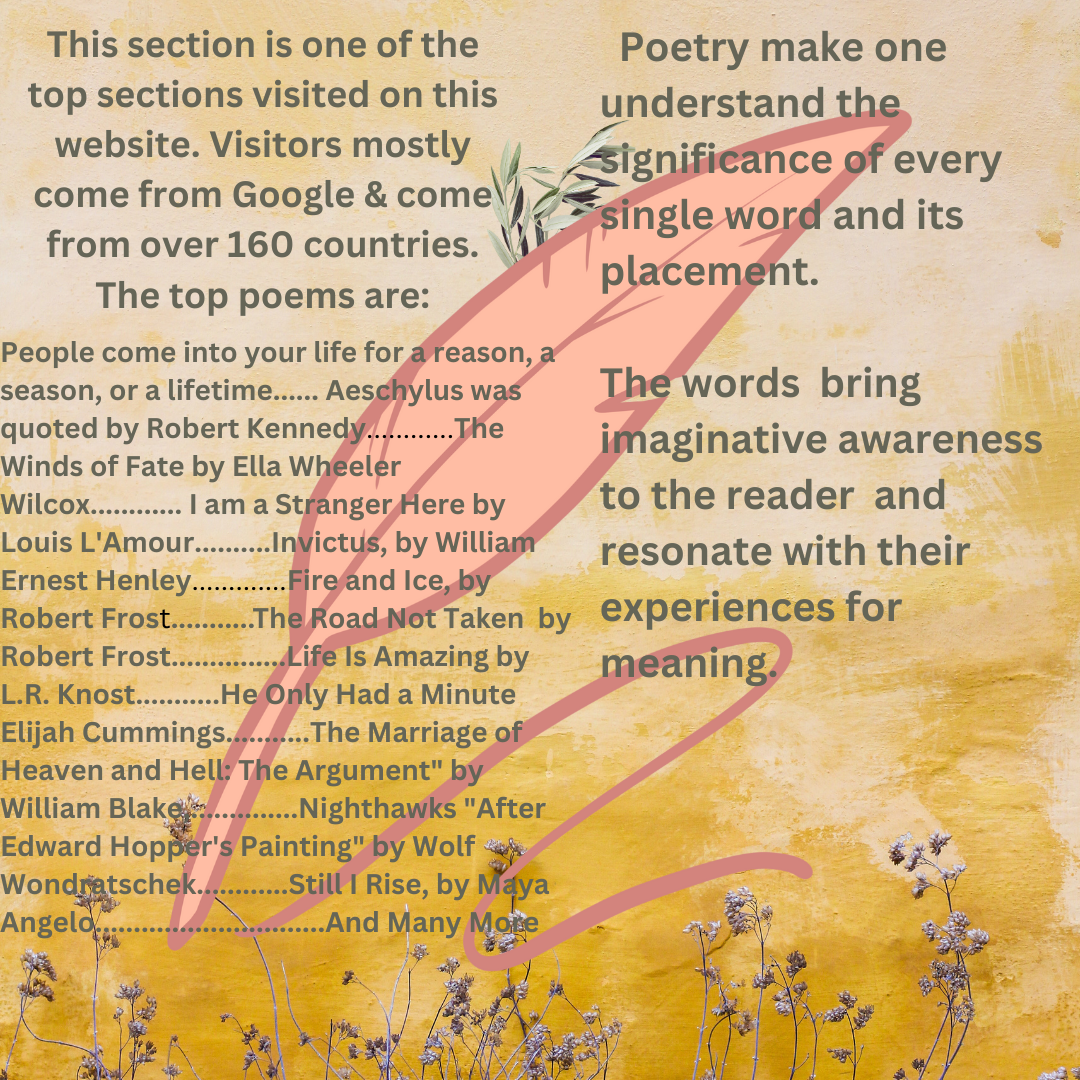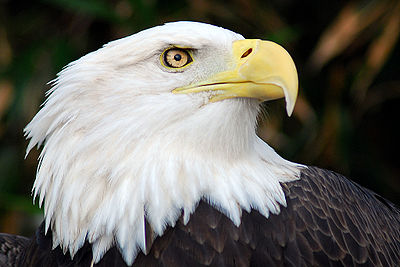Life, believe, is not a dream
So dark as sages say;
Oft a little morning rain
Foretells a pleasant day.
Sometimes there are clouds of gloom,
But these are transient all;
If the shower will make the roses bloom,
O why lament its fall?
Rapidly, merrily,
Life’s sunny hours flit by,
Gratefully, cheerily
Enjoy them as they fly!
What though Death at times steps in,
And calls our Best away?
What though sorrow seems to win,
O’er hope, a heavy sway?
Yet Hope again elastic springs,
Unconquered, though she fell;
Still buoyant are her golden wings,
Still strong to bear us well.
Manfully, fearlessly,
The day of trial bear,
For gloriously, victoriously,
Can courage quell despair!
Analysis and Thoughts on Poem
.A simple message suggesting that life is good. It takes on darkness that is felt to be bad and unpleasant. Clouds, like the bad days will clear. The days will "merrily" fly by. Things that go wrong will not be victorious. Nothing can beat you not even death. "Life is still life whatever it's pangs"-Charlotte Bronte Her Quotes sums it all up.

















